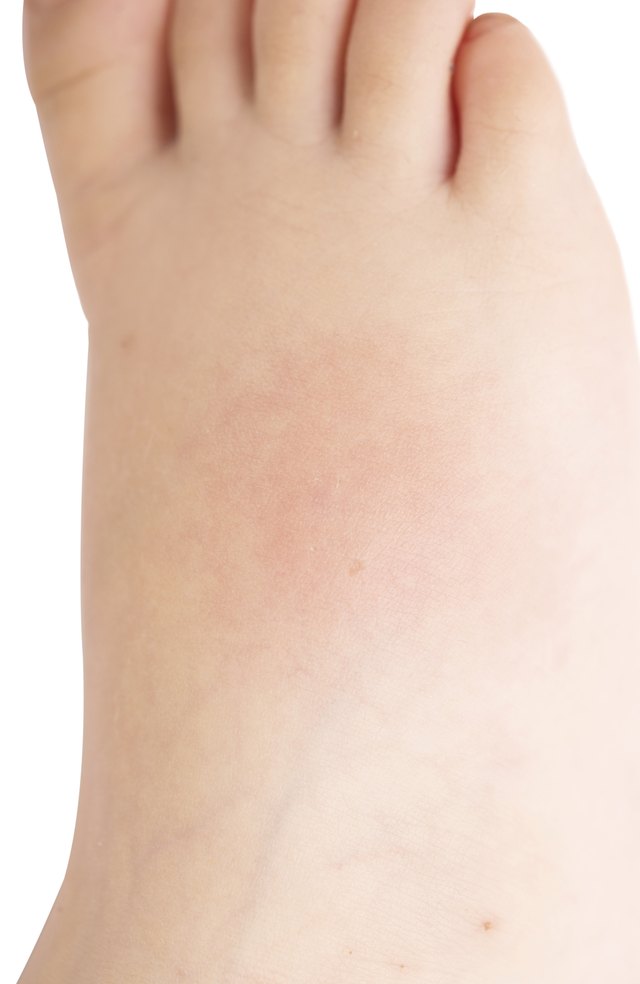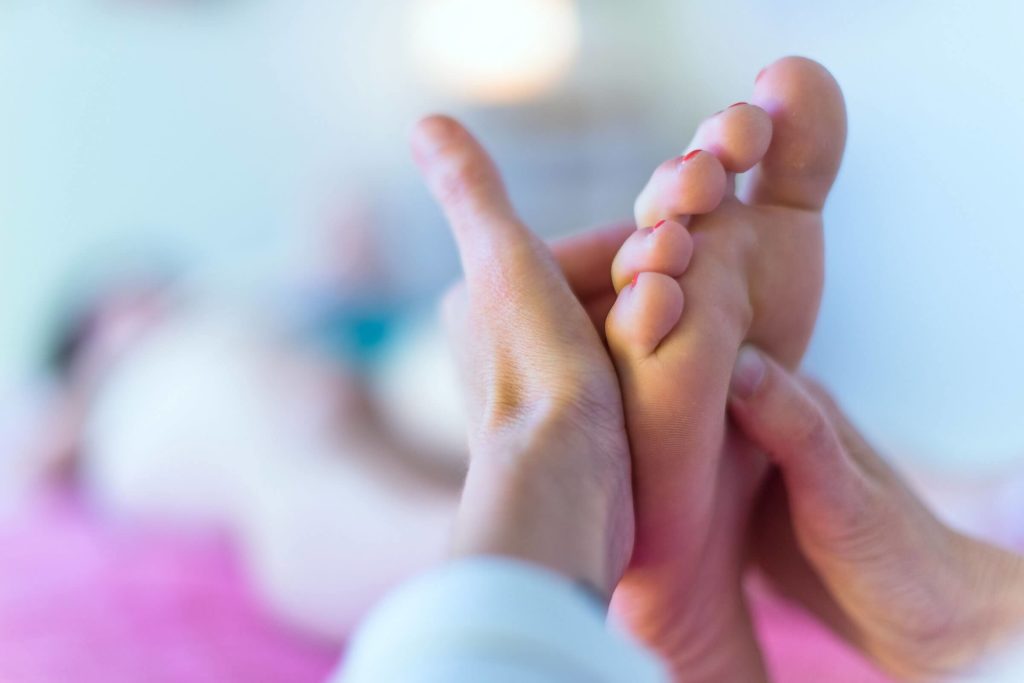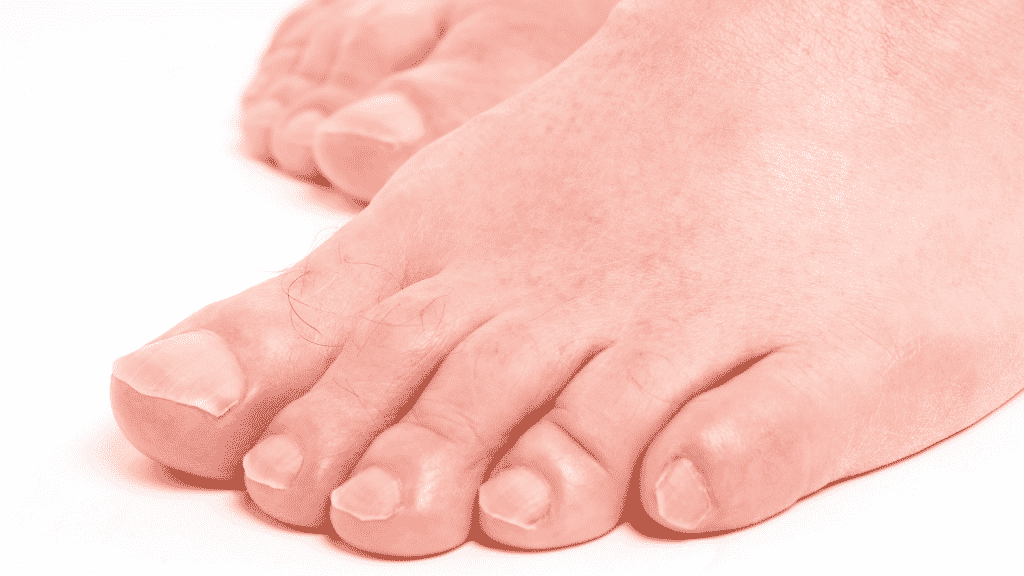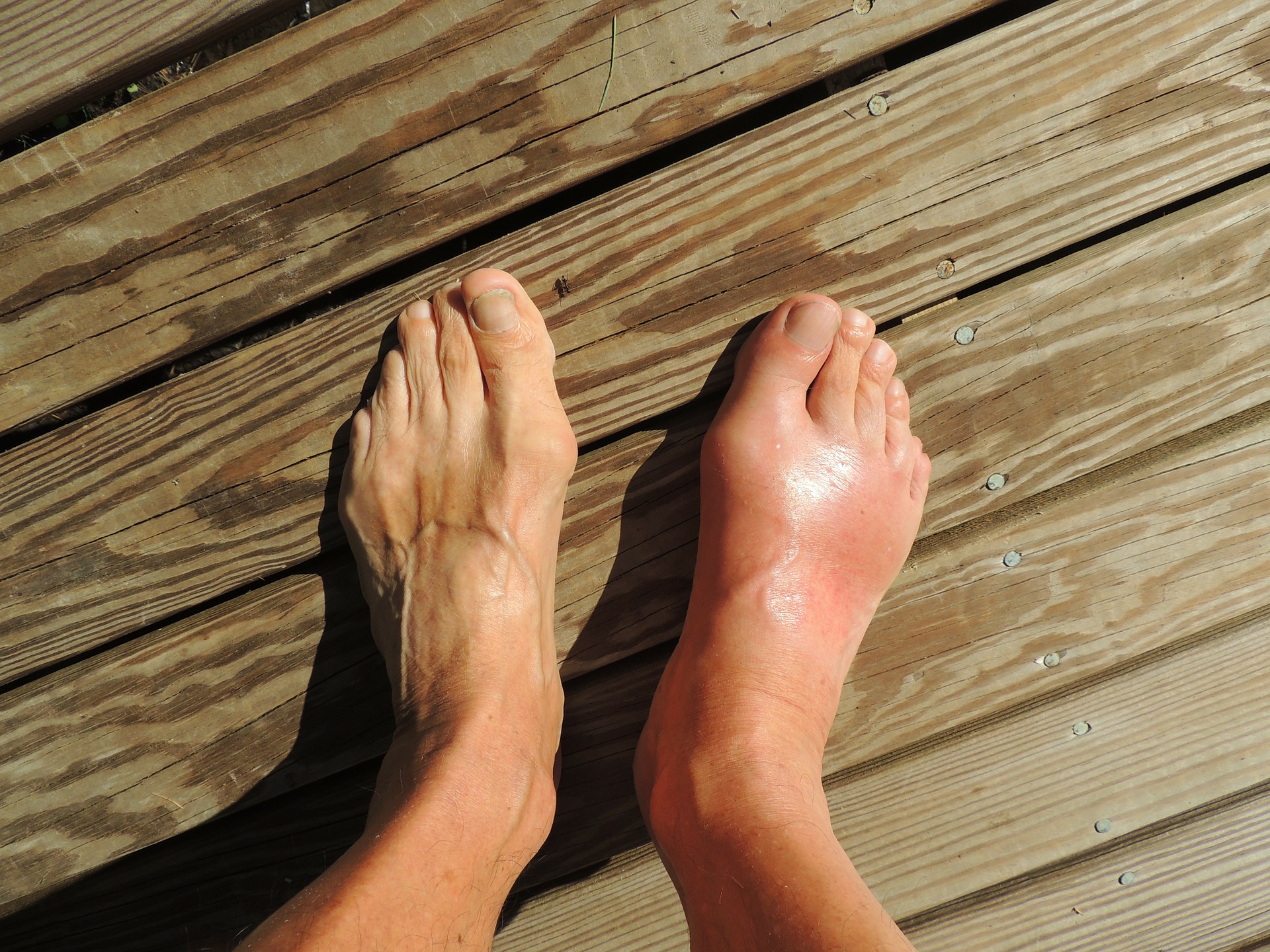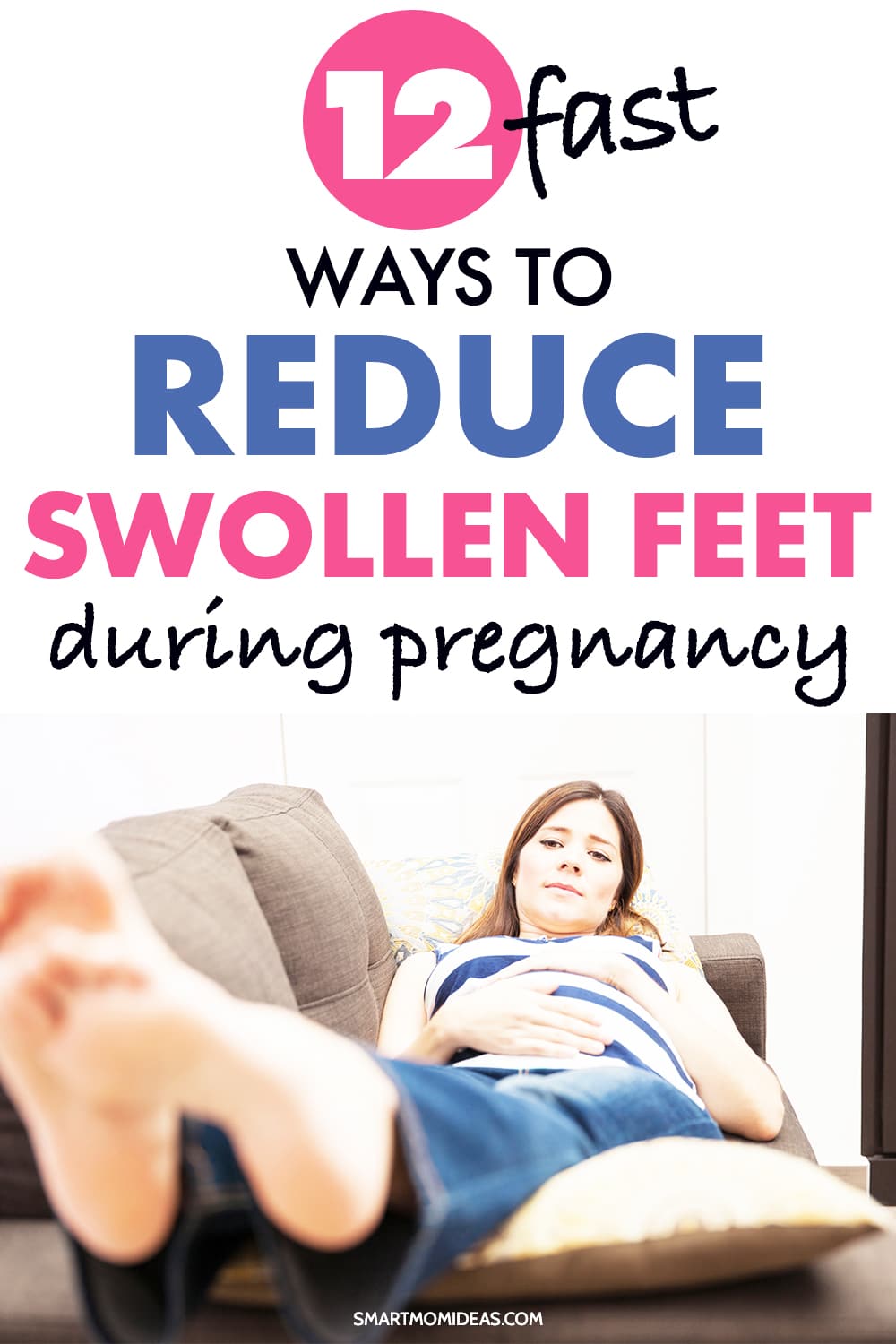Matchless Tips About How To Reduce Feet Swelling

To quickly and easily reduce swelling in your feet, get your circulation going by walking instead of standing, which can allow fluid to pool in the legs.
How to reduce feet swelling. Dry, cracked skin is more open to scrapes, cuts and infection. 10 try enlisting your partner to. Resting the affected area to ensure a quick reduction of swelling caused by an injury, you need to allow the injured area to rest as much as possible for.
Get some gentle exercise, like walking, to improve your blood flow wear wide, comfortable shoes with a low heel and soft sole wash, dry and moisturise your feet to avoid infections. To reduce the swelling from a foot or ankle injury, rest to avoid walking on the injured ankle or foot, use ice packs, wrap the foot or ankle with compression bandage, and elevate the. Simple lifestyle changes like elevating the swollen part of your body or moving around if you were sitting or standing for a long period of time can reduce.
There are a variety of reasons for feet swelling, from trapped fluid to infections. A gentle foot and leg massage can help stimulate blood flow and excrete fluid and impurities through the kidneys to reduce swelling. How to reduce swelling prevention prognosis things to know about swollen ankles and swollen feet swelling of the ankle and feet is a relatively frequent.
Some people have swollen feet due to venous insufficiency, when the blood collects in the legs. Complications of ignoring foot swelling. Drink at least 8 cups of water per day.
When your body isn’t hydrated enough, it is more. Keep the swollen area clean and free from injury. Always wear socks or shoes on.
Two strategies that can be instrumental in controlling swelling are the reduction of sodium intake and effective weight management. Severe swelling can make it difficult to walk or move around comfortably. Discover the different reasons here as well as how to help ease them.
10 home remedies for swollen feet 1. It also can be the result of a disease, such as congestive heart failure, kidney disease, venous insufficiency or cirrhosis of the liver. Staying hydrated helps maintain proper hydration levels in the body, alleviating.
:max_bytes(150000):strip_icc()/GettyImages-1277450943-a26b6a2e487d4ace982627bd9a815cac.jpg)



